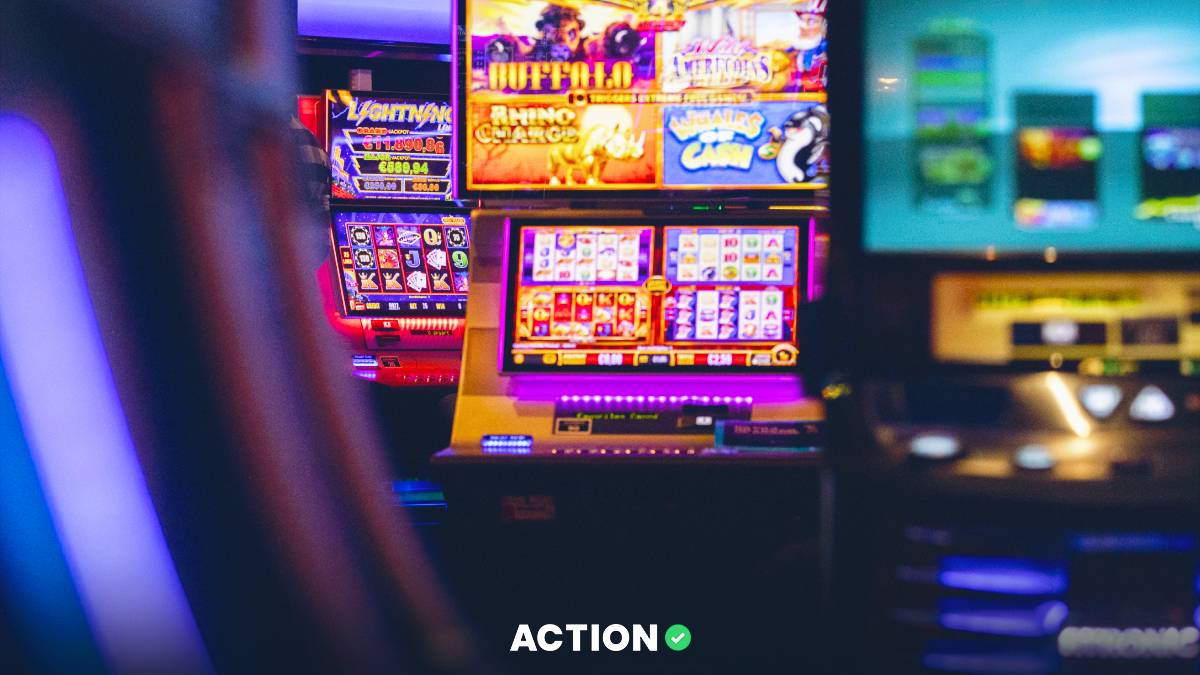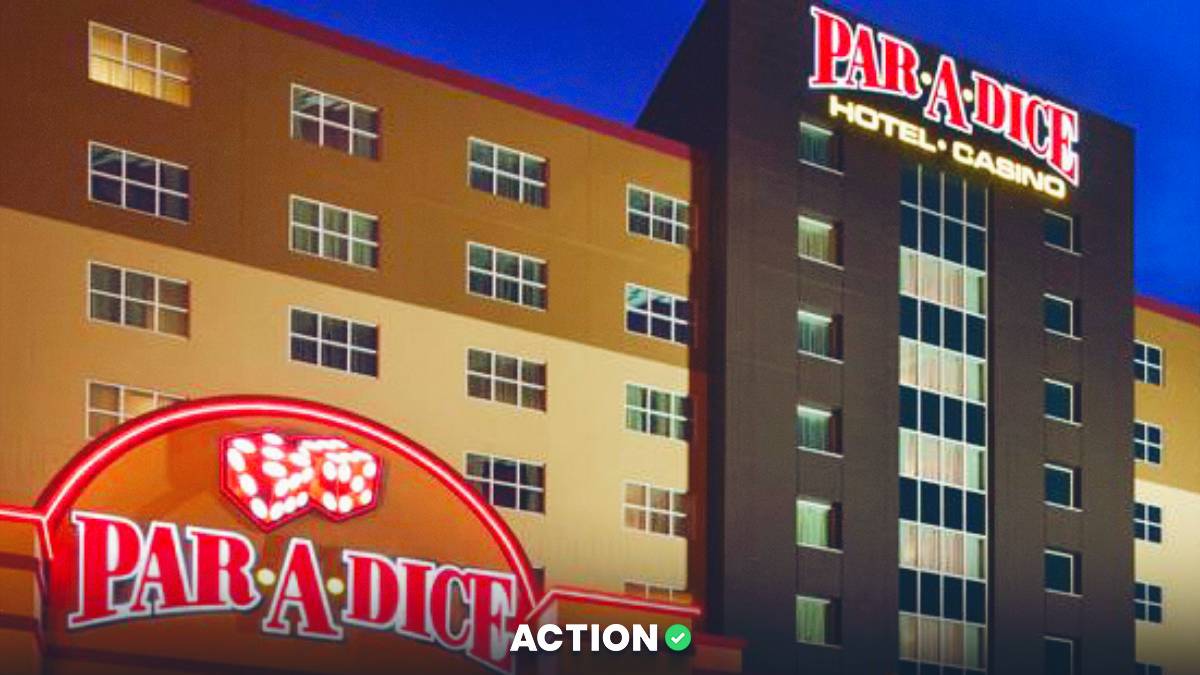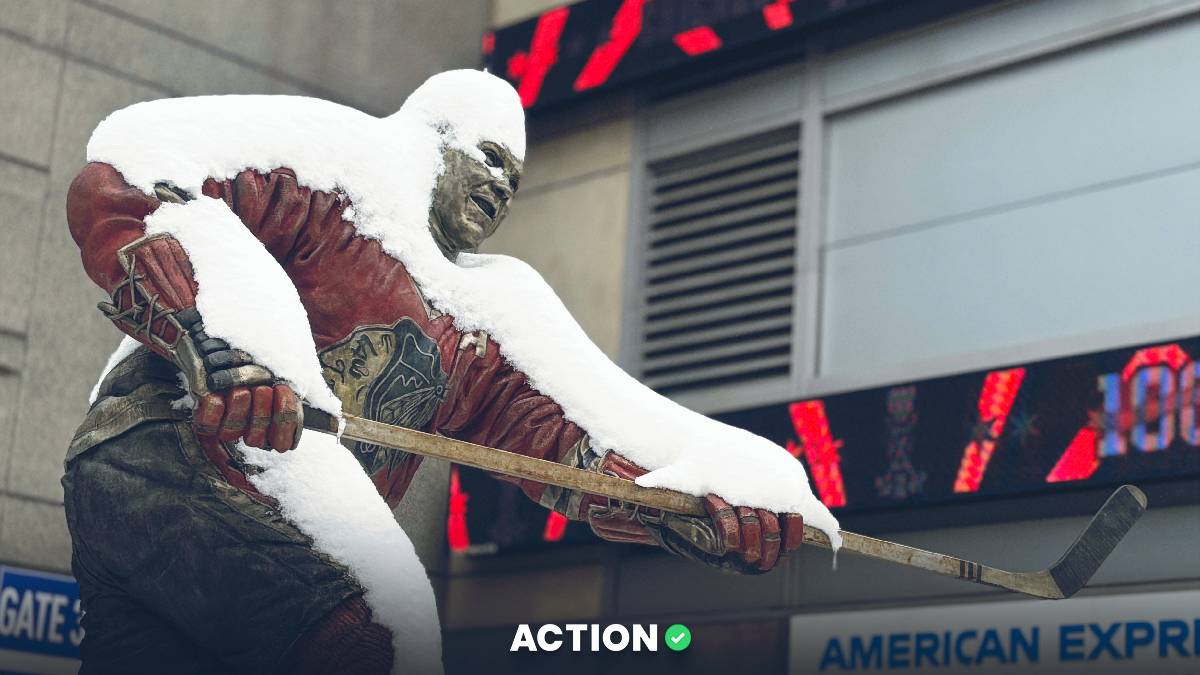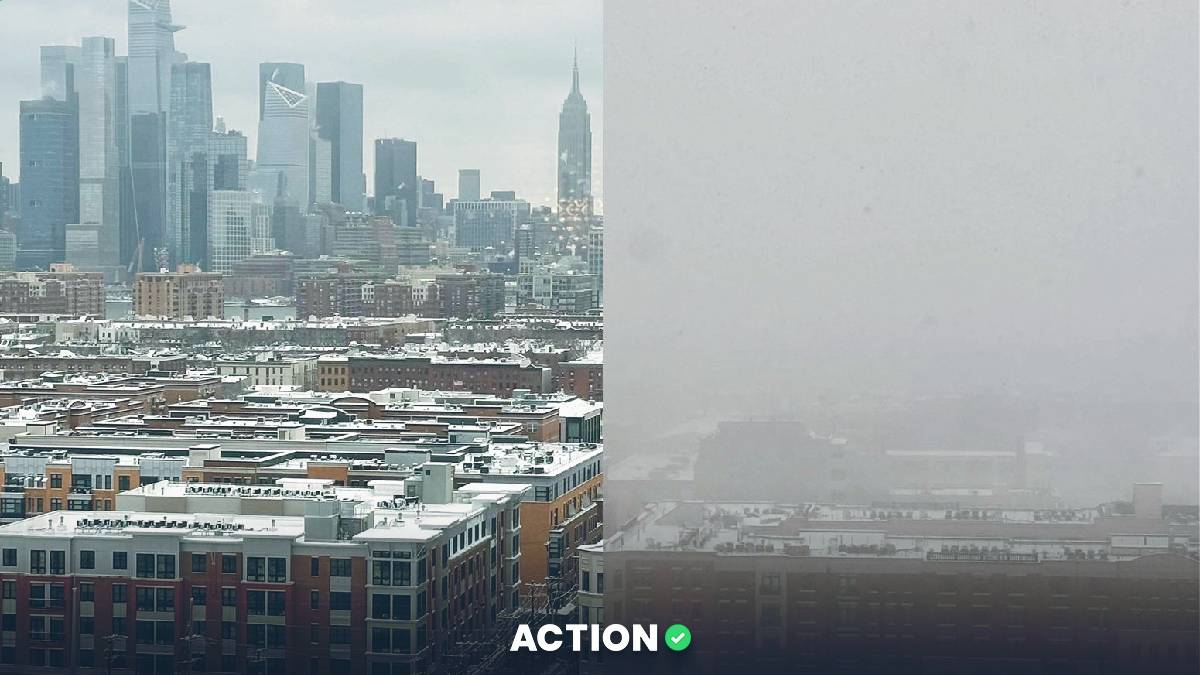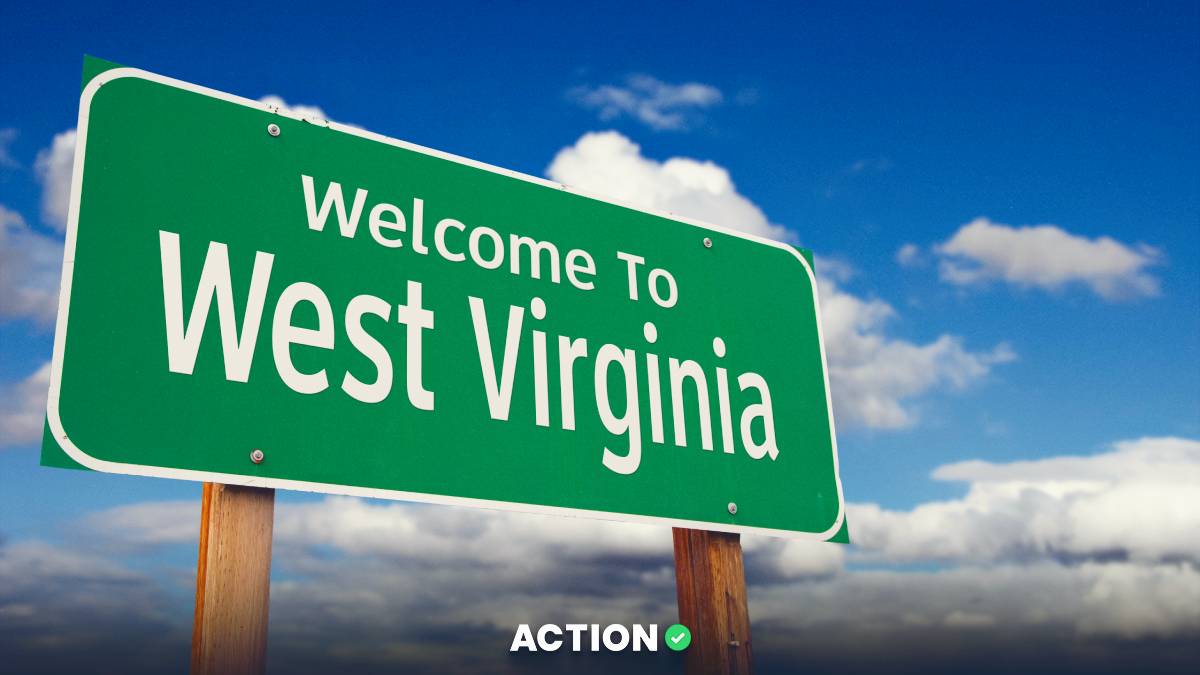Proposed changes to Pennsylvania's self-exclusion lists could make it easier for players, who are on the self-exclusion list, to return to casinos and gambling sites in the state.
Currently, when a player's self-exclusion period ends, they are not automatically removed from the list; they must request removal. Players can choose to exclude themselves for one year, five years, or permanently.
However, the Pennsylvania Gaming Control Board (PGCB) wants to eliminate this step. With the PGCB's proposal, players who choose the one- or five-year options would be automatically removed from the list when their chosen period ends.
Pennsylvania offers four self-exclusion lists where players can block themselves from:
- Retail casinos
- Online gambling
- Fantasy sports
- Video-gaming terminals (VGTs)
There are 17 brick-and-mortar casinos in the commonwealth. Pennsylvania is the third-largest commercial gaming state in revenue after Nevada and New Jersey. It’s also preparing to join a multi-state online poker compact.
Why Change Pennsylvania’s Self-Exclusion Rules?
There are over 30,000 people on Pennsylvania's voluntary self-exclusion list. Some temporarily excluded gamblers may not know they are still on the list, which could lead to legal trouble if they violate the self-exclusion terms. The proposed change aims to eliminate this confusion in the future.
Critics argue that the change would automatically let people return to casinos after their self-imposed bans end and could undermine the program's original purpose.
What the PGCB Says About Self-Exclusion
The PGCB documented the reasons for the change in the proposal:
“Requiring individuals to take affirmative removal action after their selected period has elapsed results in individuals experiencing negative effects. Many individuals erroneously believe that once the time period selected for casino self-exclusion has passed, they are once again allowed to engage in gaming activities in this Commonwealth’s retail casinos. This comes from either not reading the self-exclusion paperwork that they sign clearly enough, or simply forgetting after several years that they must request removal. However, with these individuals remaining on the self-exclusion list, they are subject to trespass charges if caught in a licensed facility, and the confiscation of funds if they win while gaming.”
How Many People Are Self-Excluded in Pennsylvania?
According to the PGCB, there are about 34,000 total enrollments across its four self-exclusion options, with casinos accounting for approximately 23,000 enrollments.
Nearly 65% of those self-excluded from casinos are men, who are also more likely to violate their exclusion, making up about 6,400 of the 9,100 violations since the program's start in December 2006.
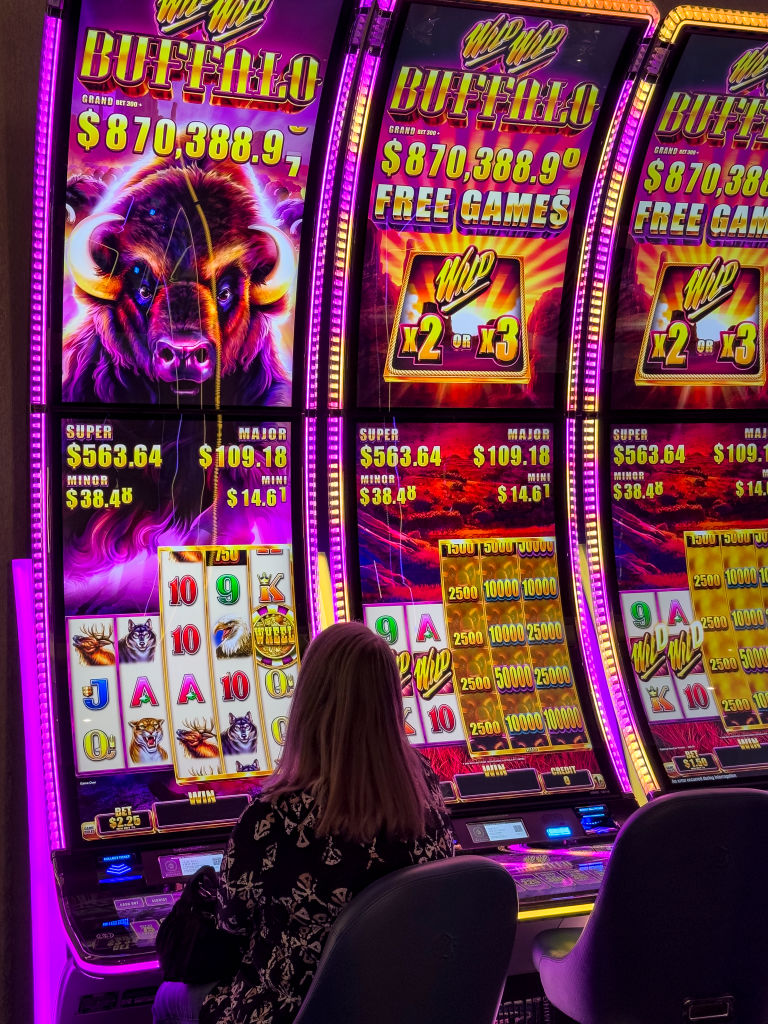
The majority of enrollees are aged 55 and older, totaling around 8,700 individuals. Whites represent the largest ethnic group among enrollees, with approximately 16,000 members.
The PGCB reports that about 5,100 people have opted for lifetime self-exclusion. Those who choose this option cannot regain access to physical gaming floors.
When Could the Proposal Be Approved?
Doug Harbach, the Communications Director for the PGCB, mentioned to PlayPennsylvania that he expects the new amendment to be approved, although there is no specific timeline. He outlined key steps in the process:
- Public comments are open until November 25.
- The PGCB will review these comments and may create a Final Rulemaking, incorporating feedback and changes from the proposed stage.
- The PGCB Board will vote on the Final Form Rulemaking at a public meeting.
- If approved, it will be sent to standing committees in the General Assembly for comments. Note that new committees must be formed next year due to the start of a new legislative session.
- Finally, the rulemaking will go to the Independent Regulatory Review Commission (IRRC) for their approval and comments.
Harbach estimates that they are about a third of the way through this process.


